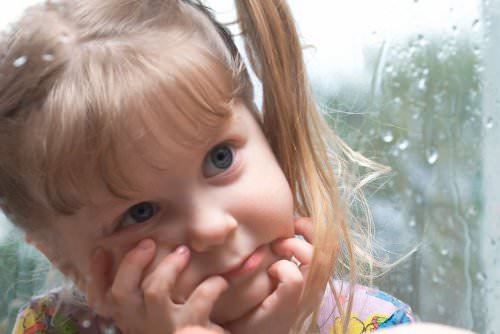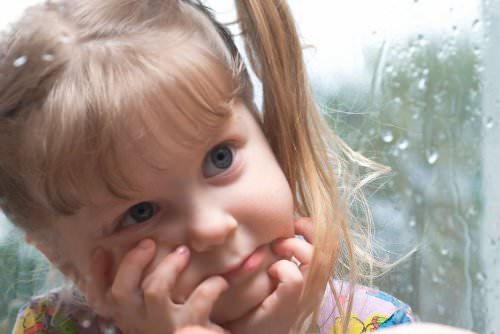Losing a beloved pet, whether it’s a dog or a gerbil, is never easy. For many children, a goldfish or favorite cat dying is often their first taste of death, which can be devastating. It’s difficult to see your little one mourn. Fortunately, you can take steps to ensure that your child comes to terms with the loss in a healthy way and can move on. Here are a few tips to follow to help your children cope with losing a pet.
1. Let your child grieve
It’s okay to feel sad when you lose someone you love, and this should be conveyed to your child. If you were close to the pet, you could let them see that you are sad, as well. Avoid being sad for too long. Your children should learn how long they can grieve and how to live after the death of the pet or person they love.
2. Allow your child to be a part of the death
Children must know what is going on. If a pet is deathly ill or is about to be put down, make sure you explain it to your child in terms he or she can understand. It may be difficult, especially if your child is compassionate, but this will lessen the impact later on.
3. Create a memento
Remember that special pet with something made to memorialize them. A scrapbook with memories written in it and photos of the pet can be a helpful reminder of the good days. Collect photos of your deceased animal and help your child put together a fun photo album that will help everyone remember the great times you all enjoyed. Add stickers and captions to make the book special. If you aren’t up to doing a full photo album, something like a photo frame or even one page of photos to hang on the fridge can be a good alternative.
4. Hold a memorial service
While you may feel silly holding a service for a mouse or fish, it can be a useful tool for helping a child move on. A service may include burial, depending on how you decide to handle the animal’s remains. Have each person say something about the pet. Children can read an appropriate poem or lay flowers on the grave. If there is no burial, have the service in front of a photo of the pet.
5. Don’t get a replacement
It may be appropriate to get a new animal later on, but don’t rush to replace the lost pet. Your child must have time to grieve. It is also good to show children that death is part of life and that you can’t just buy a new creature to take away the pain. A rapid purchase can cause children to worry that they will also be replaced, and you won’t feel their loss.
Read also – 10 Ways Pets Improve Your Health
6. Make sure your child doesn’t feel responsible
Children tend to be fairly self-centered, which can lead to assuming that the pet’s death was their fault. Be sure to let your little one know that pets do die and that it’s normal, though unpleasant and sad. Make sure your child doesn’t blame himself for the pet’s passing.
7. Talk about the pet
Sometimes, when an animal or loved one dies, that part of life becomes closed, and no one talks about it. For most children, it’s important to explain that they can share their good memories of their pet and talk about what happened. This will help them work through the pain and gradually move on.
8. Ensure that your child understands death is final
Don’t tell your child that the dog went to sleep or that the cat was sick. Vague wording can make kids think that their beloved Fluffy is coming back or just asleep. Explain everything as clearly as possible to prevent misunderstandings. Your local library may have some age-appropriate books to help explain death.
9. Continue with regular activities
While your child may want to stay home and grieve, it’s best if he goes to school and after-school activities, the same as usual. Returning to a normal schedule can help kids see that life goes on, even after a devastating loss. It will also give them something else to focus on.
10. Allow your child to keep something special
A favorite pet blanket, chew toy, or collar can be a good thing for a child to hold onto. Don’t be surprised if he wants to sleep with the pet’s item. Keeping something special like a collar close by can bring comfort to the grieving child. It’s usually fine to let kids hang onto a few keepsakes.
It’s never easy when a much-loved member of the family dies. Children who are experiencing loss for the first time are more likely to have a hard time accepting that their friend is gone. It’s up to you to console them and ensure that they understand exactly what happened. Answer their questions to avoid children coming up with fearful ideas of their own.


